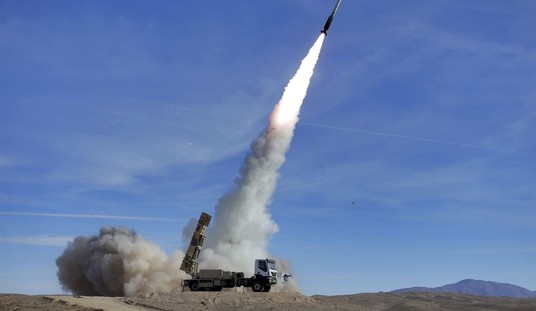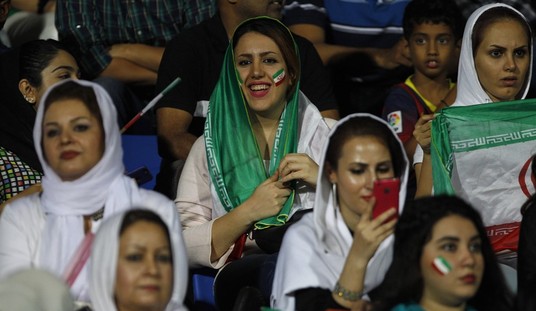“It’s not about winning or losing it’s about what big sacrifices they made; rightly or wrongly they made them.”
Thus sayeth Clint about the Japanese soldiers in Letters From Iwo Jima in an Oscar broadcast segment spotlighting the film’s Best Picture nomination.
“Rightly or wrongly”: so it doesn’t make a difference? Just the fact of sacrifice enobles, no matter what cause? It’s a complex question, I’m not sure I know the answer but I haven’t seen much complex discussion about it by film reviewers eager to embrace the film uncritically.
“Rightly or wrongly” all sacrifice is equal just because it’s sacrifice? Could one say that about the German soliders at Stalingrad who sacrificed themselves for Hitler, whose staunch ally Clint’s Iwo Jima Japanese soldiers were?
And the 9/11 hijackers and other suicide bombers? They made sacrifices in their war against infidels? Is “making sacrifices” no matter what one makes sacrifices for something to be applauded indiscriminately?
It’s remarkable to me that in all the praise lavished upon Letters From Iwo Jima there was little examination of the moral relativism implicit in the film, and made explicit by Clint’s Oscar Night quote.
Doesn’t this encourage unreflectiveness about “sacrifice”? Doesn’t it collapse all the difficult issues involved–and I’m not saying all cases can be reduced to Stalingrad or 9/11–in order to elevate blind fanaticism to a heroic ideal?
Just asking.









Join the conversation as a VIP Member